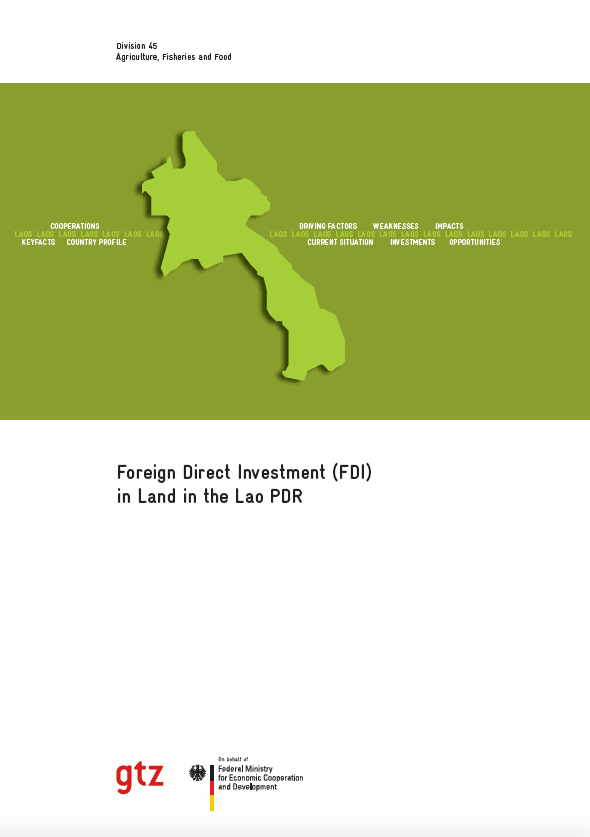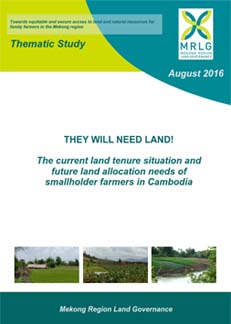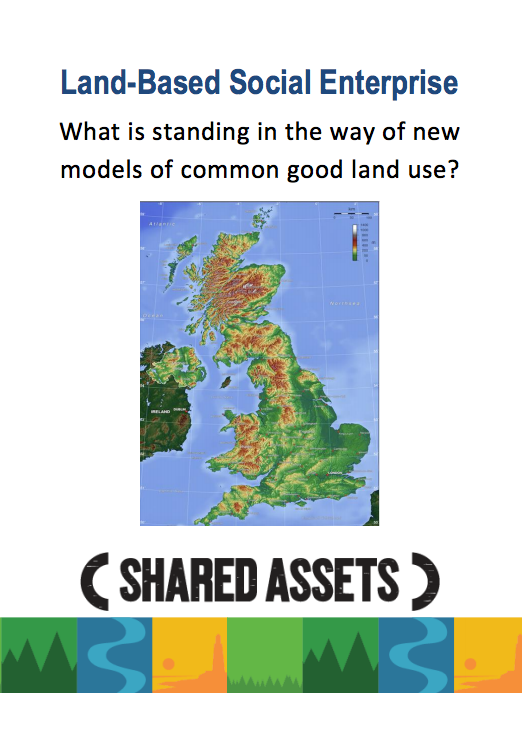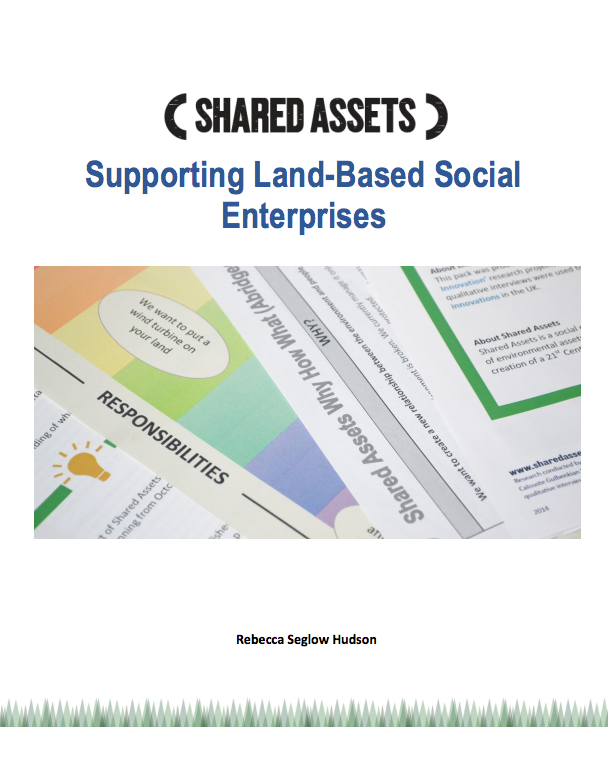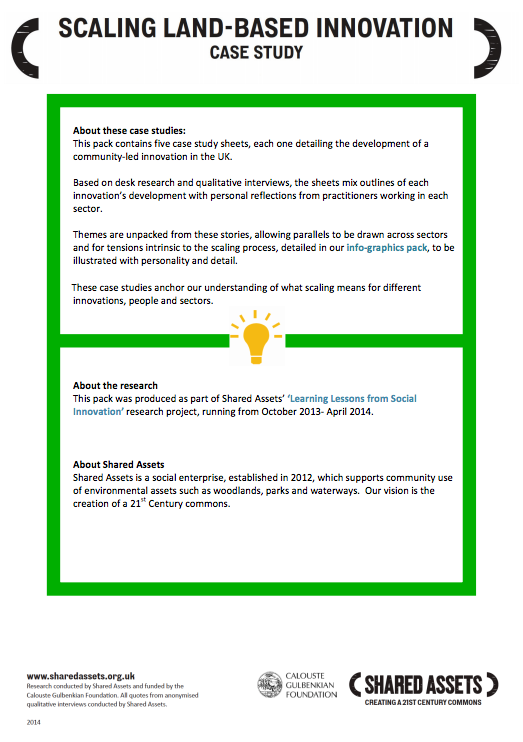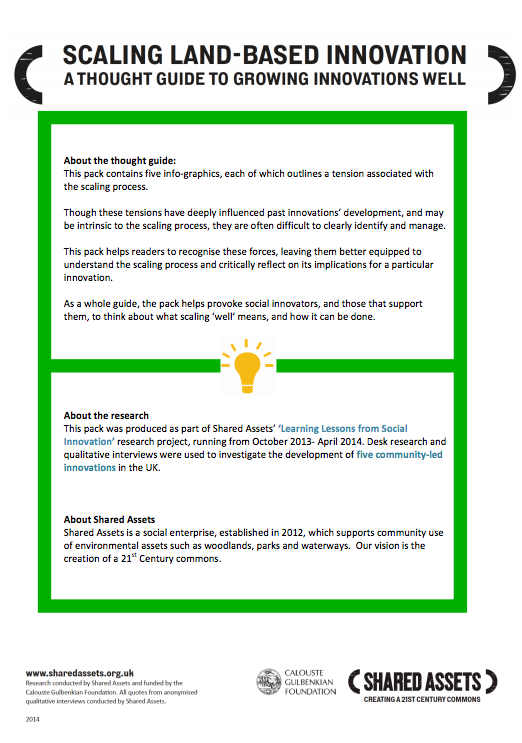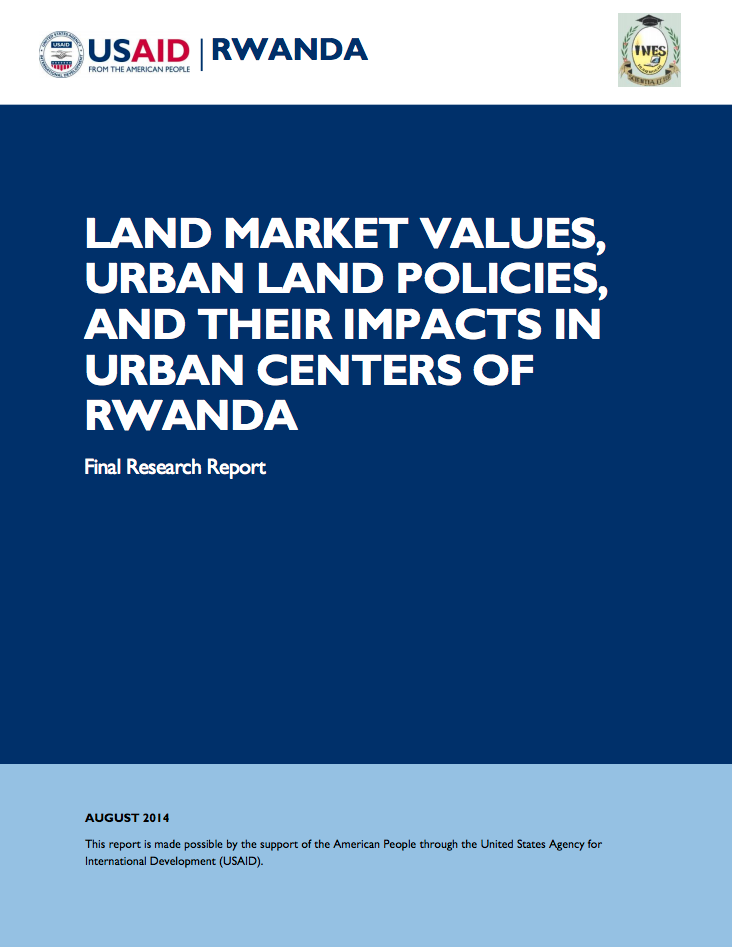Foreign Direct Investment (FDI) in Land in the Lao PDR
In the last decade the Lao People’s Democratic Republic (Lao PDR) has transformed itself into a provider of natural resources (timber, agricultural products, minerals, and energy) for its wealthier and more populated neighbours China, Vietnam and Thailand.

